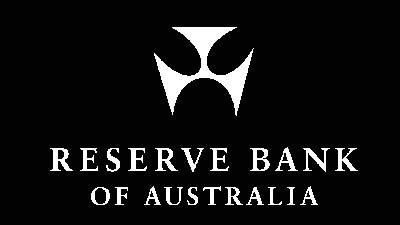With pessimism lingering in the property market, the RBA must cut rates in May
It is a sad state of affairs that the current mood of the nation is one of pessimism about the future.
The recent hold on cash interest rates by the Reserve Bank of Australia and a rise in unemployment have no doubt contributed. The European financial crisis has softened somewhat after the Greece bail-out, but there is still a cold wind blowing for the fate of other countries, including Spain, where unemployment is now at 23% and growing.
Down Under, continuing bad news in retail sales, increasing fuel prices and an uncertain property market are not helping either. The hopes are that things will pick up after Easter but even then there is a contagious malaise that seems to have gripped us all.
Under these circumstances it is hard not to feel somewhat pessimistic. And some say we should feel honoured and grateful to live in the “lucky country”. But I pose the question, “are we really that lucky anymore?” or is it just that “everyone is lucky but some are just not as lucky as others”?
The RBA’s decision to keep current cash rates on hold at 4.25% is the same thing as throwing a wet fish at the vast majority of home loaners in Australia. The word “disappointing” hardly describes the suffering of many families who are already struggling to reach the end of the month. Under these circumstances it is not surprising that the retail industry is in chaos. People are too afraid to spend their hard-earned cash.
Of course for some sectors of the finance industry this is an opportunity to capture more business (and that is fair enough).
But I don’t wear the mortgage lenders’ argument that the Reserve Bank of Australia is waiting for the latest domestic data before doing the right thing. On top of that I don’t think for one moment that home loaners are complacent about their mortgages. A much better phrase would be “scared to death.”
I quote from a speech Angel Gurría, OECD Secretary-General, delivered at the INET Annual Plenary Conference – “PANEL: The Challenge of Deleveraging and Overhangs of Debt – Inflation and Austerity” on 13 April 2012 in Berlin, Germany where he said:
“Herd behaviour is a case in point. A loss of confidence in the ability of policymakers to deal with current challenges affects the decisions of households to consume, of businesses to invest, and of financial markets to intermediate transactions.
“A lack of trust in the ability of agents to honour their debts can generate herd behaviour of the same sort: without a clear and consistent strategy for deleveraging rampant indebtedness can seriously undermine confidence. The rollover of public debt becomes impossible if markets perceive a high risk of default. And because financial markets are interconnected, there is contagion across countries.”
He concluded his speech with the observation “Let’s not forget that the ultimate goal of economic policy is to ensure broad and stable human prosperity.”
The RBA’s recent statements and lack of direction have left us all worrying about the future.
It must send out strong signals for optimism and cut rates by 50 basis points in May to stimulate the economy and restore confidence.
The Chinese use two brush strokes to write the word crisis.
One brush stroke stands for danger; the other for opportunity.
Tim Mansfield is a 30-year global veteran in the real estate industry and Founder and CEO of Sydney-based buyers’ agents PrimePropertyBuyer. You can follow Tim on Twitter by clicking here.
